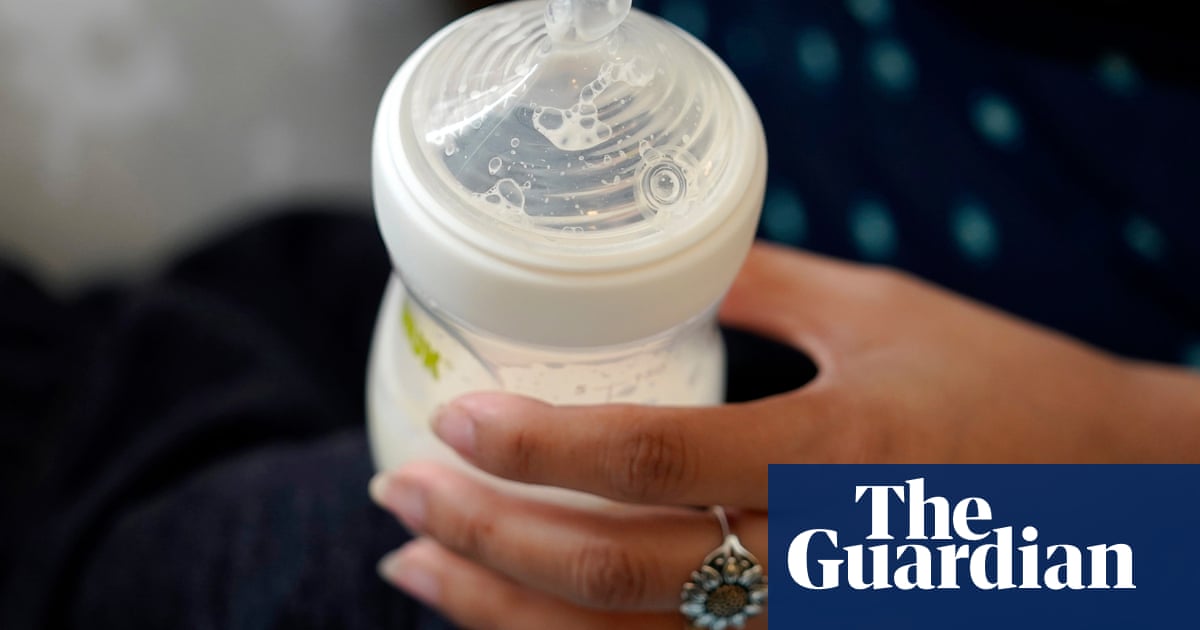
The competition regulator has discovered that many manufacturers of well-known products like baby formula, baked beans, mayo, and pet food have contributed to greedflation by increasing prices at a faster rate than their production costs.
The most recent update from the Competition and Markets Authority (CMA) in their assessment of the grocery market determined that approximately 75% of suppliers of branded products in those industries saw an increase in profits over the past two years due to raising prices more than their costs.
Sarah Cardell, the CEO of the CMA, stated that the rise in food prices has greatly burdened household budgets. Therefore, it is crucial that competition concerns do not contribute to this issue. She also noted that while many popular brands have increased prices beyond their own cost increases, store-brand products typically offer more affordable options.
Despite dropping to 4.6% in October, food price inflation remains significantly elevated compared to previous years. According to consumer group Which?, grocery prices have risen by over 25% in the past two years.
The most recent report from the watchdog, similar to its original examination of retail competition in the grocery industry released in July, discovered that the majority of food price increases since the beginning of 2021 were due to passing on higher input expenses to customers. It also noted a decrease in profit margins for most well-known manufacturers since 2021.
The results revealed that the prices of some branded products have increased more than their production costs. This may support claims that brands are contributing to the current cost of living crisis by raising prices to boost their profits, also known as greedflation.
The CMA expressed its top concerns regarding baby formula after conducting a detailed examination of 10 product categories. The prices of baby formula have increased by 25% in the past two years, with two companies dominating 85% of the market.
According to Cardell, there is not much proof that parents are switching to less expensive name-brand options as prices increase and there are few own-brand alternatives available.
“We’re concerned that parents may not always have the right information to make informed choices and that suppliers may not have strong incentives to offer infant formula at competitive prices. We will investigate this further and consider whether changes to regulations are necessary to ensure parents can get the best deal possible.”
Ignore the advertisement for the newsletter.
after newsletter promotion
The CMA announced its plans to conduct a probe into loyalty program pricing in January. This involves supermarkets providing exclusive deals only to customers who are registered members of their loyalty program.
According to Cardell, there has been a rise in the utilization of loyalty scheme pricing in supermarkets. This implies that discounts and deals are exclusively offered to individuals who have joined loyalty programs. This development raises concerns about how loyalty scheme pricing may affect consumers and competition.
Source: theguardian.com















